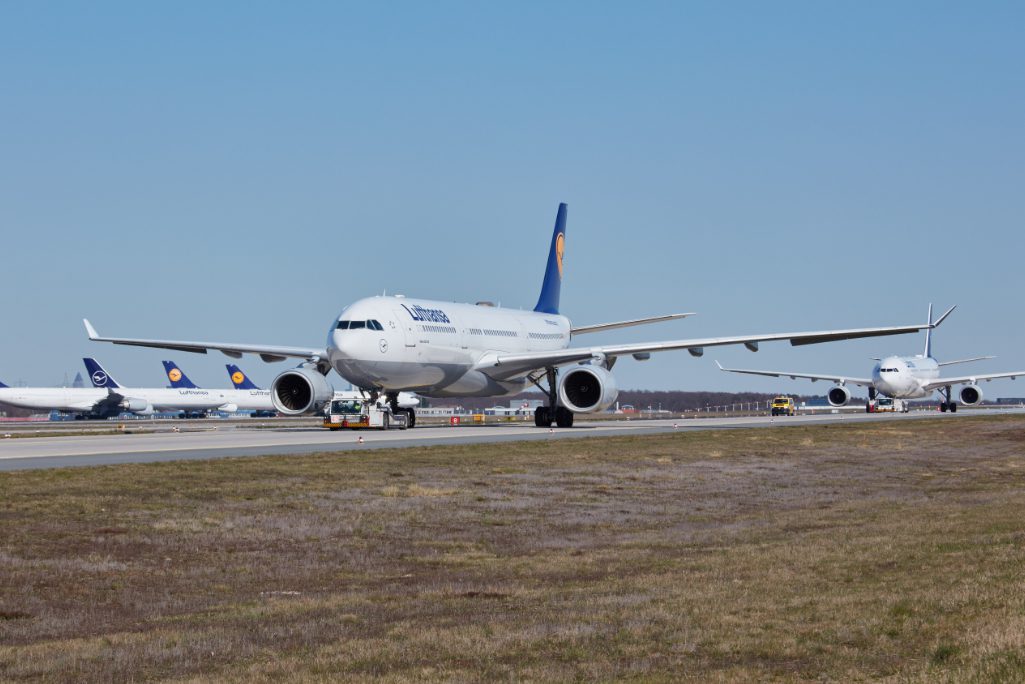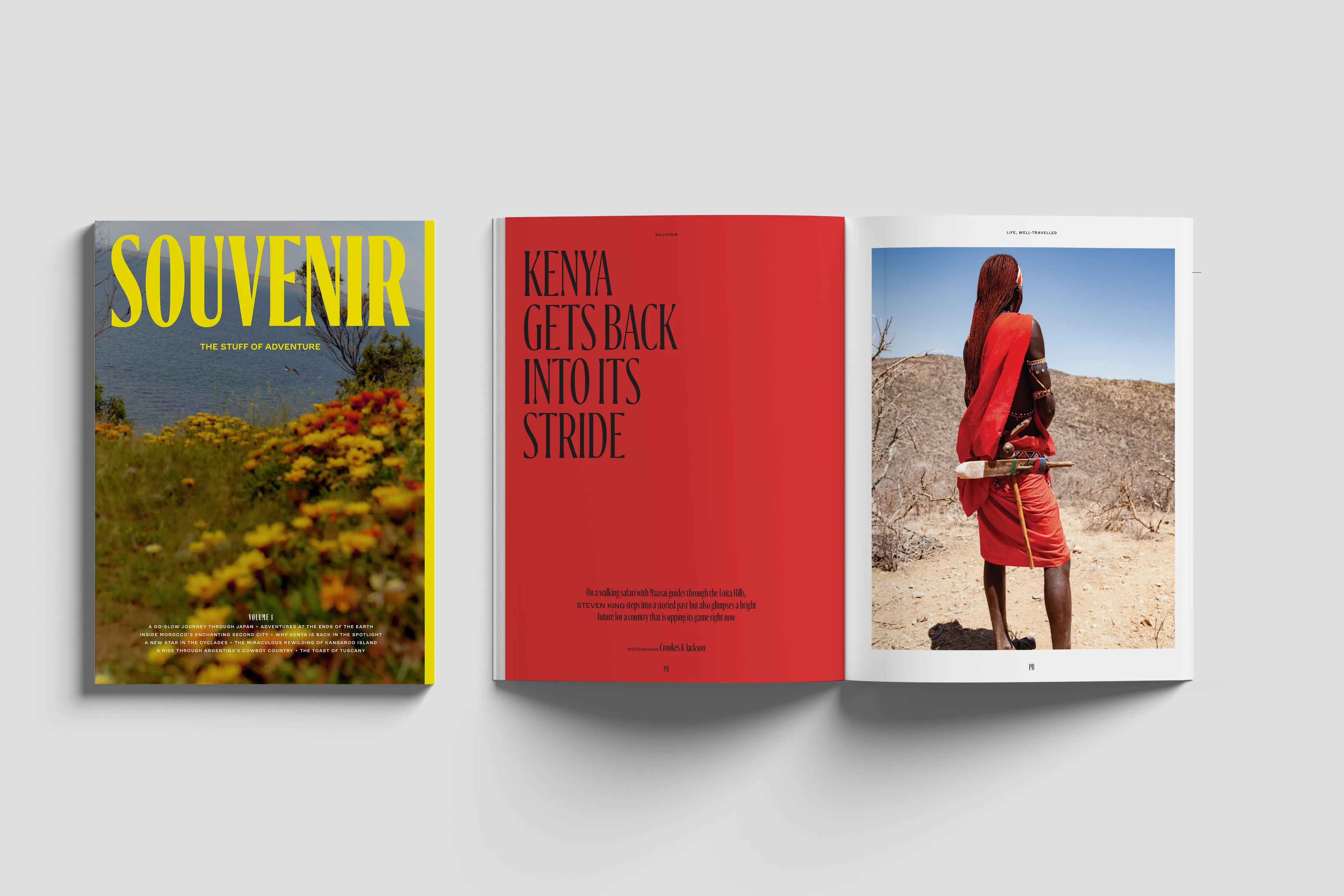Lufthansa and Amadeus Reset Their Distribution Relationship in Revamped Pact

Skift Take
The Lufthansa group of airlines and Amadeus have signed a new retailing deal that for the first time includes so-called New Distribution Capability content.
From the the fourth quarter, travel agencies that use Amadeus no longer need to use third-party tech providers, or Lufthansa’s own platform, to offer the fares — which typically are cheaper than those available on the global distribution systems — to their clients.
It’s part of a wider airline movement to grow their share of direct bookings, but in this case it’s particularly relevant to corporate travel agencies, who make three out of four of these New Distribution Capability bookings.
The deal includes Lufthansa as well as Austrian Airlines, Brussels Airlines, Swiss, Air Dolomiti and Eurowings. The airfares will be available on the Amadeus Selling Platform Connect, Amadeus Travel API and Cytric Travel & Expense.
Similar deals will also be finalized with Travelport and Sabre in the quarter, Skift understands. But it’s a first between the two companies and “bridges the old and the new,” Decius Valmorbida, president of Travel at Amadeus, told Skift.
“It’s unique for Amadeus,” he said. “The most important thing is we can offer an end-to-end solution.… enabling the full range of price points that Luftahnsa has is important.”
When it comes to prices, travel retailers that don’t plug directly into airlines, or other specialist technology platforms, can miss out. Qantas made this point recently by restricting its lowest fares to New Distribution Capability only.
Tamur Goudarzi Pour, chief commercial officer and member of the management board of Swiss, said he couldn’t specifically comment on other airlines, but did say: “The joint interest of key players … is this gives us impetus. We all have an interest to speed up. I welcome anybody who’s progressing. It’s a landmark, it’s bigger than anything I’ve seen on NDC."
This technology also allows continuous, or dynamic, pricing. This is said to boost revenue for airlines and agencies alike, as they can offer more price points, exclusively via agencies that book with the new distribution capability. "There were workarounds," Valmorbida said, "but not reacting to the millisecond speeds that new modern, digital times require."
The continuous pricing model will likely extend to long-haul travel next year.
"The two heavyweights are agreeing," Goudarzi Pour added. "It’s quite significant. The New Distribution Capability endeavor is not a dead horse, it’s alive and kicking."
Pay As You Fly
What's not so alive and kicking is the idea that one day travelers will simply pay for their flight when they board, or disembark, their plane. Aircraft aren't about to turn into hotels just yet.
Goudarzi Pour said that while this was a landmark agreement, it has nothing to do with a pay-as-you-fly model of travel, which was politically motivated.
“We believe changing the cash rationale isn’t helping the industry. If you put more tickets into that last-moment bracket, it would make it more expensive," he said. "It came form a political drive that we strongly oppose."
However, what is important is that Lufthansa today has rapid refund procedures, where a claimed 85 percent of its tickets are instantly refunded.
Amadeus's Valmorbida seems to agree. "At the end, the jury is always the same: the traveler. If they find it convenient to pay as you fly, if that’s where the market leads, then more airlines offer that choice. On the other side, usually that flexibility comes with certain constraints in terms of availability, or predictability if you can fly or not — will the business traveler be able to adapt or not?" he said.
He pointed out that on popular routes, shuttles between destinations have existed for a while. The difficulty with the pay-as-you-fly scenario is that airlines have to manage crews, agreements with airports, network planning.
Admittedly, after the pandemic that process has improved, he added.
"To enter a market or route, it would take years. The pandemic has changed that. As traffic wasn’t predictable, that time has changed to three months. But as always, the traveler is king. With the end of the pandemic, we’ll see exactly where this new balance will be."




